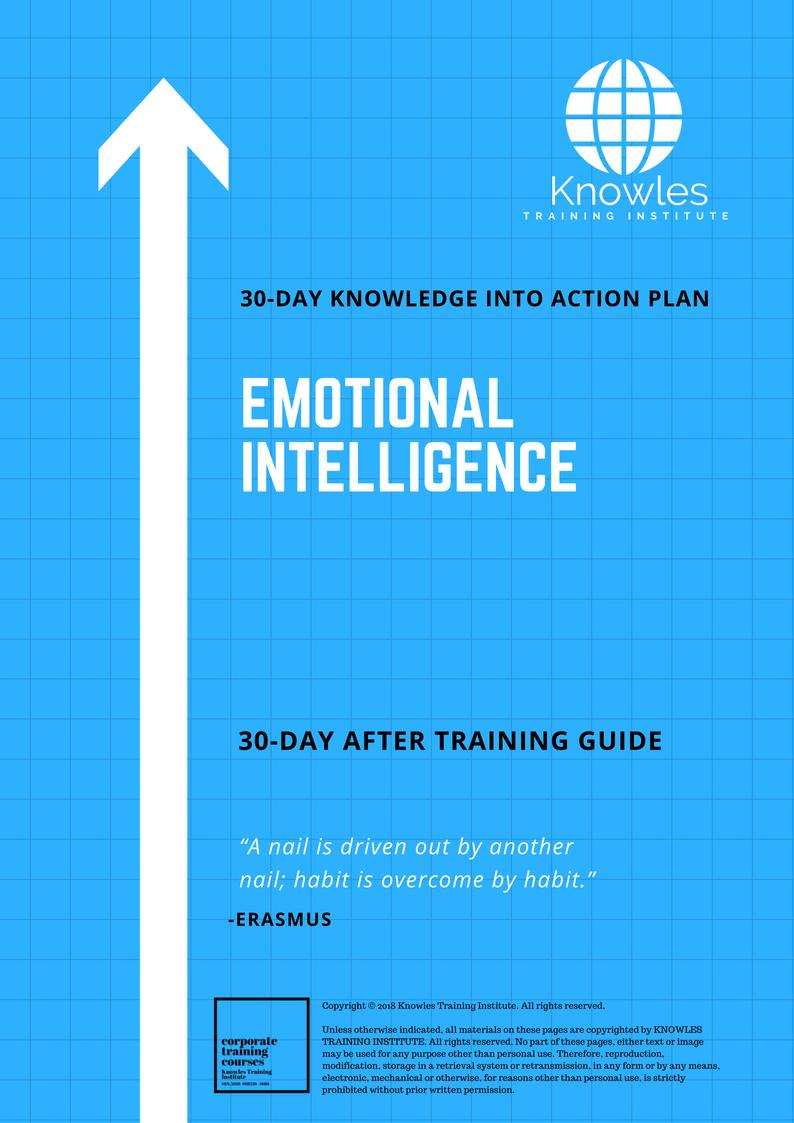
They can zero in on your most loyal and profitable clients to market new products and services, upsell and increase customer lifetime value. BI tools can keep marketing and sales teams armed with the most current information on customers.

When it comes to profitability, retaining current customers is better than having to continually acquire new ones. It’s a proactive way to mitigate accounts payable risk. In addition, you can combine internal data with information on current industry and market trends to, for example, analyze credit portfolios and see if there are any occurrences or indicators of delinquency. BI tools can also monitor employee behavior to ensure compliance with industry regulations. Your organization can mitigate risk by using BI tools to track financial behavior and detect fraudulent activities in near-real-time. BI provides a manageable way to correlate and visualize large amounts of disparate data from multiple sources to reveal financial and operational insights and make it available to anyone in the organization.
#Project business intelligence training software#
Using business intelligence software is the opposite of juggling cobbled-together spreadsheets or relying on basic, one-dimensional reporting. Benefits of Using Business Intelligence (BI) for Finance They become evangelists for a data-driven culture and trusted partners to the rest of the company. Once they get used to consuming BI-driven insights, finance professionals become more efficient at their jobs and adept at knowing what actions promote growth.

A BI practice can help your organization remain competitive and financially stable by providing fast access to detailed cash flow insights, expense management optimization opportunities and the ability to make informed decisions about costs and profitability, and tie all of this back to business performance.īI is also good for the finance team. Why Is Business Intelligence Important to CFOs?ĬFOs know that a company's financial health depends on accurate, up-to-date data. Look for a scalable system that provides a range of integrations so you can pull in all relevant data and allows for role-based access to ensure your team has access to the right dashboards and key performance indicators, with the right data at the right time. Integrated BI systems allow the entire organization to make better decisions by analyzing very large volumes of data from all lines of business, as well as external sources. Decision-makers can identify exceptions, trends and opportunities and drill down into any underlying metric or transaction for greater detail. With BI, companies can closely track financials, optimize their supply chains and make better decisions on everything from marketing to M&A.īI capabilities center on built-in, customizable dashboards that allow for real-time analysis based on business objectives and goals developed from the information coming from a central database.
#Project business intelligence training update#
This data can then be used to update performance metrics, such as financial, sales, marketing or operations KPIs. With the power of BI, companies can use both financial and operational information to gain business insights from current, historic and even future trend data. Your financial accounting suite is a key source for shared, accessible data that can be supplemented with BI-driven reporting, predictive analysis, data mining and third-party feeds. To support decision-making, a BI system needs high-quality data inputs. What Is Business Intelligence (BI)?īusiness intelligence (BI) is the technology driven process that enables businesses to organize, analyze and contextualize information from around the company. BI technology helps finance leaders pull data from internal and external sources and build analyses that track relevant data and develop key performance indicators (KPIs) that matter. That’s where BI systems and dashboards come in. Is that new marketing campaign delivering the expected results? Are supply chain adjustments paying off in better on-time delivery of parts and raw materials? Did shifting our call center operators to work from home help or hurt customer service? To continue building partnerships across the organization, CFOs need to become masters at translating all sorts of data into insightful analysis and actionable advice.

Thanks to their analytical mindset and familiarity with company numbers, CFOs use business intelligence (BI) as a strategic tool to expand influence throughout the company. It’s not simply about being a finance executive anymore it’s about being a strategic partner to other business executives.

The role of a chief financial officer, or CFO, is always evolving.


 0 kommentar(er)
0 kommentar(er)
